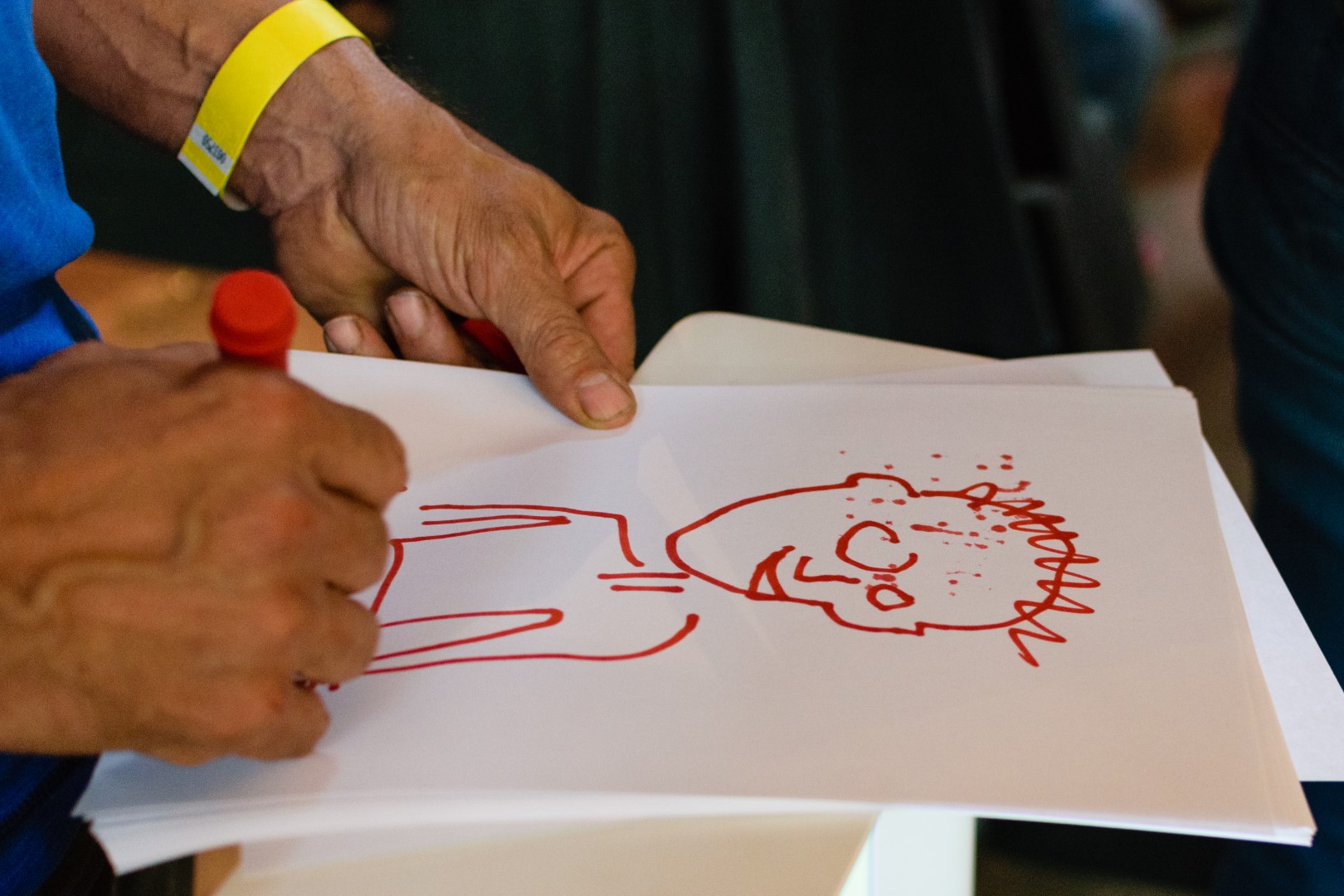[et_pb_section fb_built=”1″ _builder_version=”3.19.2″][et_pb_row _builder_version=”3.19.2″][et_pb_column type=”4_4″ _builder_version=”3.19.2″ parallax=”off” parallax_method=”on”][et_pb_text _builder_version=”3.19.2″]
I recently asked if play can save democracy, marking the first steps on my journey to explore what I already at the outset consider a deep kinship shared by play and democracy. As promised, there is no clear answer in sight, but some patterns and questions are surfacing.
One such theme revolves around equality and “recognizing the other”, seeing eye to eye across our differences. Equality is traditionally considered a “pillar of the democratic ideal” (Mouffe, 2018), and “participatory democracy underlines the need to create the conditions for real equality” (della Porta, 2013). What happens, then, when we find ourselves in a situation where the following questions, asked by Judith Butler, are acutely pressing:
“Which humans count as the human? Which humans are eligible for recognition within the sphere of appearance, and which are not?”
And she continues:
“The very fact that I can ask which humans are recognized as human and which are not means that there is a distinct field of the human that remains unrecognizable, according to dominant norms”
This (widespread!) unwillingness to recognize “the other” is poison to democracy.
In “Not for Profit: Why Democracy Needs the Humanities”, Martha Nussbaum argues that the humanities can teach us to “imagine sympathetically the predicament of another person” and that this is indeed a fundamental prerequisite for any democracy:
“When we meet in society, if we have not learned to see both self and other in that way, imagining in one another inner faculties of thought and emotion, democracy is bound to fail, because democracy is built upon respect and concern, and these in turn are built upon the ability to see other people as human beings, not simply as objects.”
Some would say that this is only possible in homogenous societies, where “respect and concern” are expected to somehow emerge from a shared history and culture. I strongly disagree with this notion, however, and Nussbaum’s argument is, by no means, a call for homogeneity. On the contrary, I believe she assumes that society is already heterogeneous and diverse, but that we can – and must! – learn to embrace and appreciate this diversity.
We must trust that the other, because without trust, democracy is impossible.
[/et_pb_text][et_pb_text _builder_version=”3.19.2″]
The same can indeed be said for play. Without trust, we can’t play together. On the contrary, play thrives when we allow ourself to be present in the moment, to show vulnerability, to be open to whatever might happen. There’s a strong sense of “togetherness” in play, as I wrote a while ago:
“Play only works if we’re simultaneously aware of the needs of ourself and the other. It’s a dance, back and forth, looking into yourself and reaching out into the world () play becomes a demonstration of empathy, an exploration of being together in ways that respect us all. Play is a lesson in humanity, a gentle reminder of all the things we have in common across age groups, nationalities, religions, socio-cultural backgrounds and other differences that usually keep us apart.”
Or as my friend Bernie wrote so beautifully in “A Playful Path”:
“When we are playing together, despite our differences, we celebrate a transcendent sameness, a unity that underlines the illusion of our separateness. You could call this an act of love – an enacted love that lets us keep the game going. Many acts of love, in fact, many acts of compassion, caring, trust, assurance.”
This resonates with play scholar Stuart Brown, who writes that “taking part in this play is a way to put us in sync with those around us. It is a way to tap into common emotions and thoughts and share them with others” and continues:
“I would claim that sustained emotional intimacy is impossible without play. This is true not only for married bliss, but for continued vitality in long-term friendships.
“Without the various forms of social play we would find it very hard to live together. (…) Play is the lubrication that allows human society to work and individuals to be close to each other.”
He’s far from alone in insisting that play has the capacity to radically transform and deepen our social interactions and relationships. On the contrary, it’s a recurring theme across the field of play studies.
Can play break down the barriers between people, bringing us closer together, helping us see eye to eye?
Yes. Yes, I sincerely believe so, and that is one reason why play can lead us to a reinvigorated democracy.
[/et_pb_text][/et_pb_column][/et_pb_row][/et_pb_section]

Leave a Reply